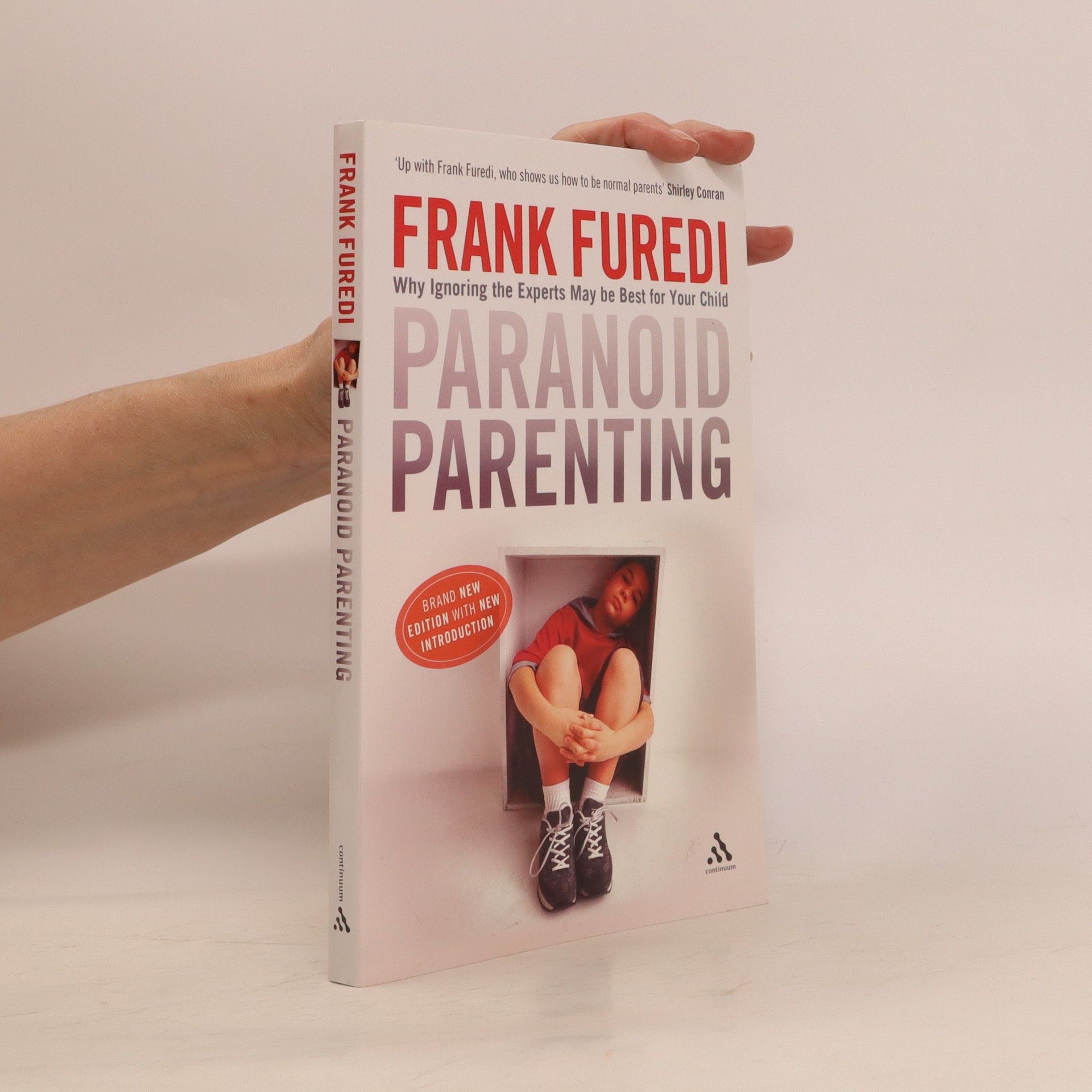100 Years of Identity Crisis
Culture War Over Socialisation
The concept of Identity Crisis came into usage in the 1940s and it has continued to dominate the cultural zeitgeist ever since. In his exploration of the historical origins of this development, Frank Furedi argues that the principal driver of the 'crisis of identity' was and continues to be the conflict surrounding the socialisation of young people. In turn, the politicisation of this conflict provides a terrain on which the Culture Wars and the politicisation of identity can flourish. Through exploring the interaction between the problems of socialisation and identity, this study offers a unique account of the origins and rise of the Culture Wars.






